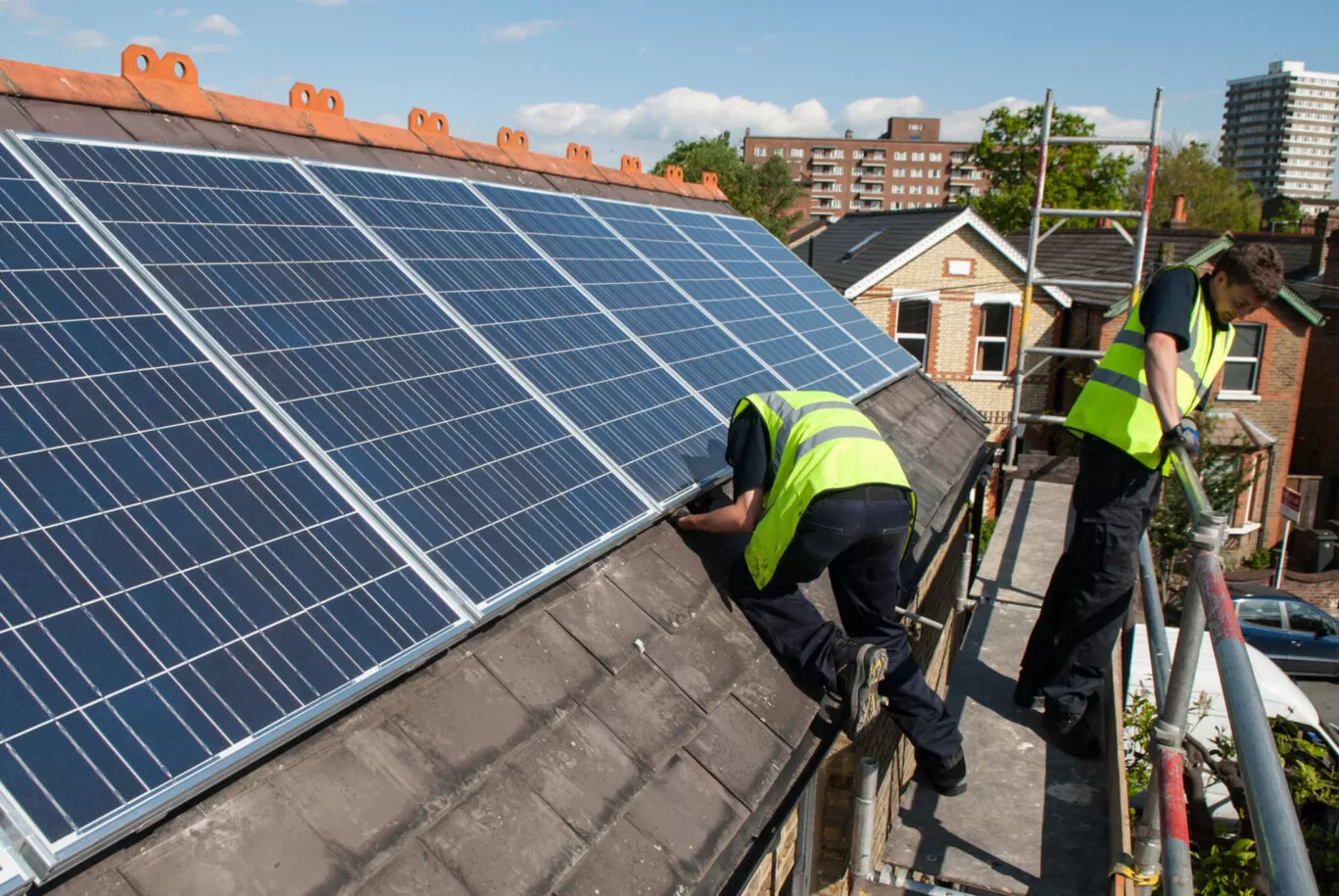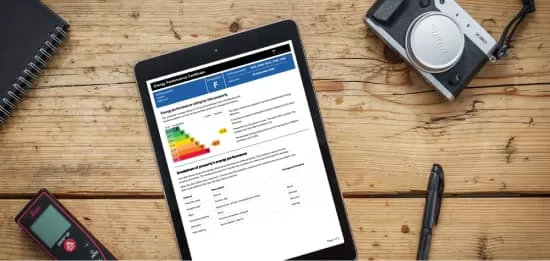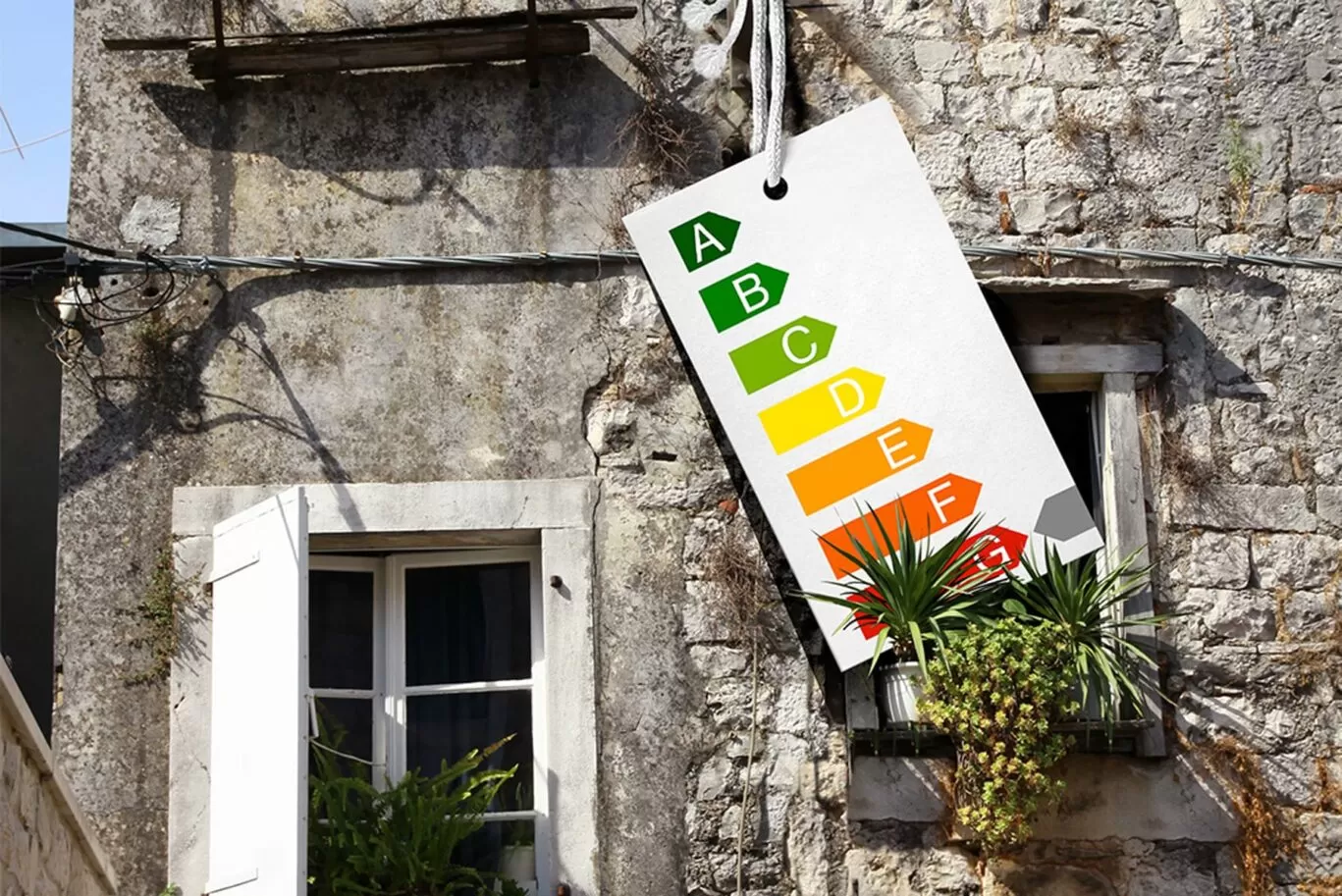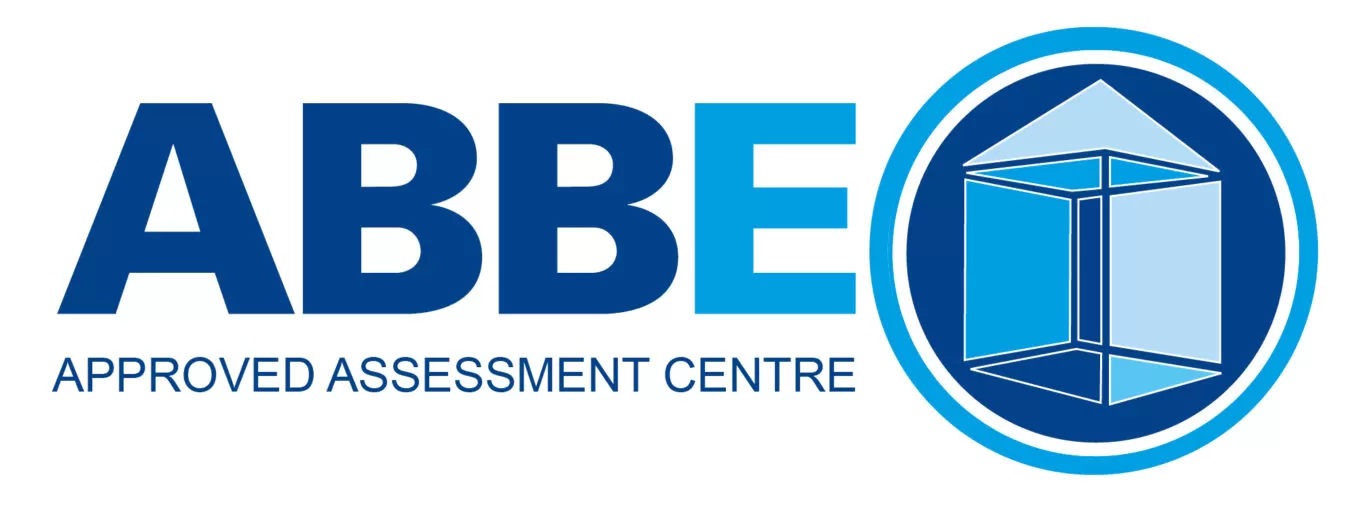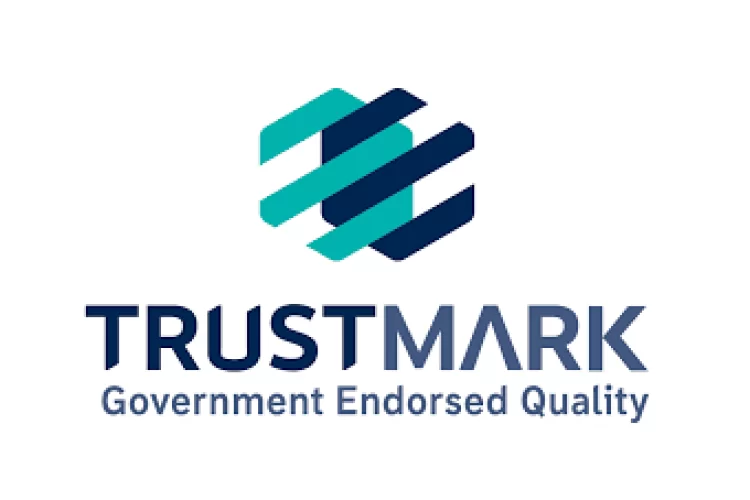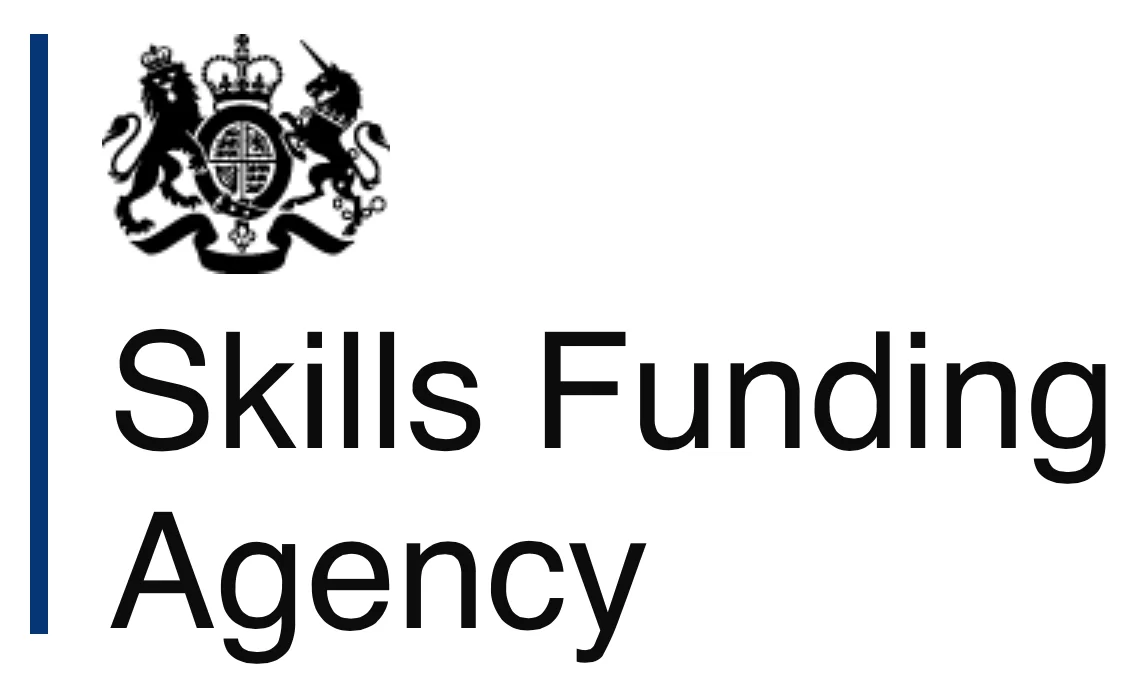The UK is not yet out of the woods when it comes to the energy crisis. As part of efforts to combat these issues, the government recently announced some major new proposals. These proposals include the rollout of highly energy-efficient lighting across the country.
Global innovation in energy-efficiency technology means that efficient lighting is more attainable and affordable than ever. Thus, officials are turning their attention to these emerging technologies to figure out how we can implement them to bring down energy bills.
The government’s new proposals call for all wasteful halogen bulbs in homes and businesses to be replaced with energy-efficient lighting such as LEDs. This not only benefits homeowners (by lowering their energy bills) but also assists the country as a whole in reaching our Net Zero ambitions. In fact, these regulations could result in 1.7 million tonnes of carbon savings by 2050. That is the equivalent of a year’s worth of carbon emissions from 2.5 million UK households!
As we’ve shown in the government’s energy saving campaign, small changes, like switching to more efficient light bulbs, can add up to big savings.
By going further with these regulations than either the US or EU, British homes, factories and offices will have some of the cheapest and greenest lighting in the world, helping keep down bills and reducing energy usage.
Business and Energy Minister, Lord Callanan
We could be seeing these changes come into effect as early as 2023. You can find out more by reading the government’s official press release.
Of course, this project will have to be measured in order to assess its effectiveness. Domestic Energy Assessors assess the lighting in houses and compile this information into Energy Performance Certificates. These certificates will be instrumental in the rollout of this proposal.
If you would like to be part of this workforce, please consider getting involved in Domestic Energy Assessment. Our Domestic Energy Assessor courses are available in person or online. Throughout the course, you will learn all about the principles of property assessment, industry-standard software and the daily life of a DEA. Please, book your space online, or call Energy Trust on 0333 012 0002.


